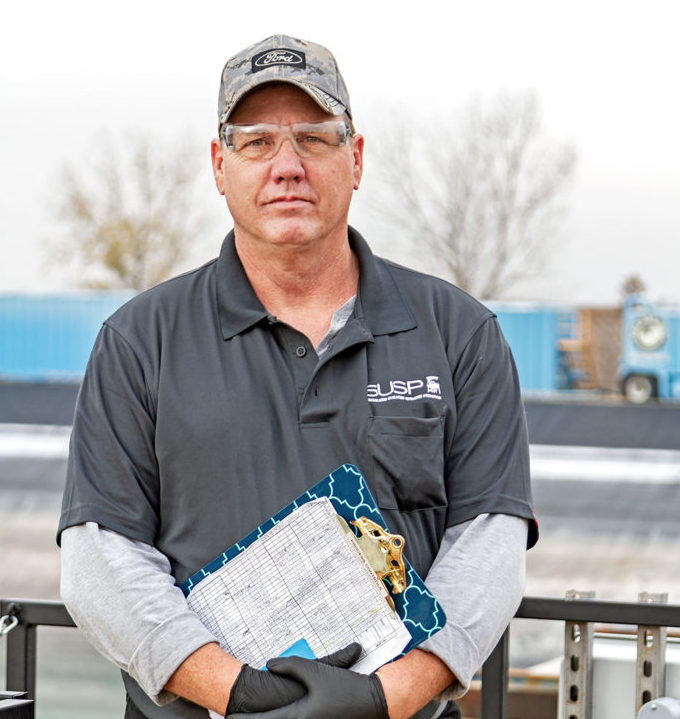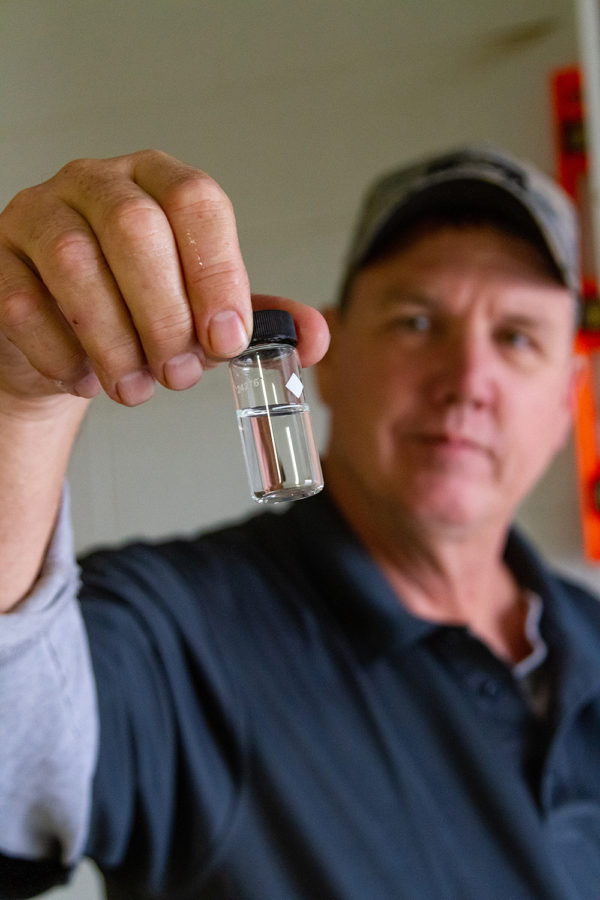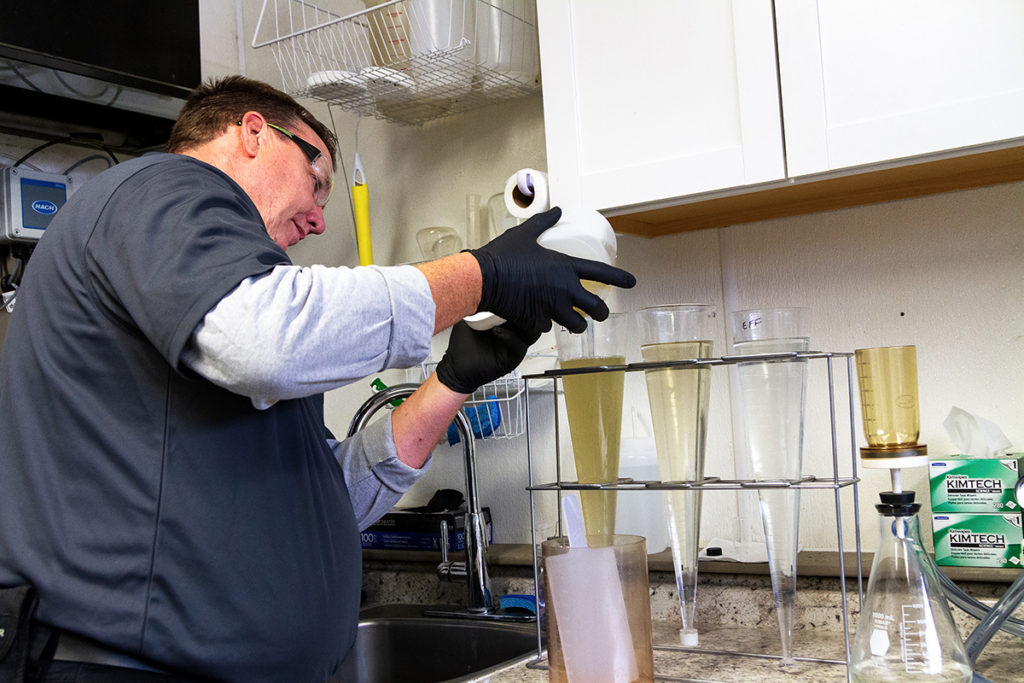
By: Channing Vang, California Rural Water Association
What’s your background?
After being discharged from the military, I enrolled at DeVry University and earned my Associates degree in Electronics. I went to work for an oil company and focused on instrumentation. While working there, I was introduced to the field of environmental reporting and really enjoyed the work. After a few years working in the oil industry, I found a job in the environmental industry doing air quality reporting and consulting. Since then, I’ve worked for multiple environmental agencies across the world including the Environmental Protection Agency, Army Corps, and the Japanese EPA.
How did you get into the water industry?
While at the EPA, I got assigned to work on the clean-up process for the military bases after contamination was found in the water. This got me into the water treatment industry. I found I had an aptitude for the job and enjoyed doing sampling, running equipment, and loved the scientific approach of the work. By far, the water industry is the most challenging and interesting field I’ve ever worked in. It’s that challenge and knowing that everyday is never the same that makes me love coming to work.
 What drew you to the Apprenticeship program?
What drew you to the Apprenticeship program?
I have a tremendous amount of life experience and training, but I don’t have the actual in-school training that will help me advance in the water industry. I have the skills from all the years of working across different industries, but I want to have the certifications in the water industry that come with going through the Apprenticeship Program.
The program is two years long, but in those two years, I’m taking all the necessary classes to get certifications in Backflow, Confined Spaces, etc. It’s all built into the program. All I have to do is show up and be ready to learn. If I were to take each class by itself, it would take me twice as long to finish. The Apprenticeship Program helps me get where I want to be in the water industry through an accelerated path.
What do you think sets CRWA’s Apprenticeship Program apart?
What really sets it apart from other learning experiences I’ve gone through is the tie-in to “On-the-Job” training. I’m already working in the water industry, so I can bring real world problems to my instructors and have them help me with it. During the first class, Wastewater Math, I asked the instructor about a measurement calculation at my water system that I was trying to figure out. He was able to help me break the math problem down and get the answer. Taking in-classroom learning and applying it directly to work is a game changer.
The instructors are water operators with years of institutional knowledge. They’ve seen it all, done it all, and can guide us in doing things the right way based on experience. Grade 5 level operators are hard to come by, but in the Apprenticeship Program, we have access to these water operators who mentor and guide us.
How was your experience taking the class?
I had so many “ah-ha” moments while going through the first class. It was like everything I was doing at my job was being dissected layer by layer in the classroom.
I was hired to do my job at my water system. Imagine my joy when I was placed in the Apprenticeship Program so that I could do my job better. I love the focus of the classes and the high quality of teaching.
In the Apprenticeship Program, I’m sitting in a room full of water operators from all over California. Everyone works in a different type of water system. Their experiences are way different than mine. The great thing about it is, I can turn to my peers and ask them how they would approach a situation at their water system. I love to trade ideas and stories. It’s a networking environment.
What would you like to say to people who are thinking about doing the Apprenticeship Program?
I’m just proud to be working in the water industry and doing what I love. I’m a field technician and I fix things. I like the science and I love the learning. The Apprenticeship Program allows me to continue working, but at the same time, learn how to be a better operator. The program is industry focused and is made to help upgrade the skills of water operators.